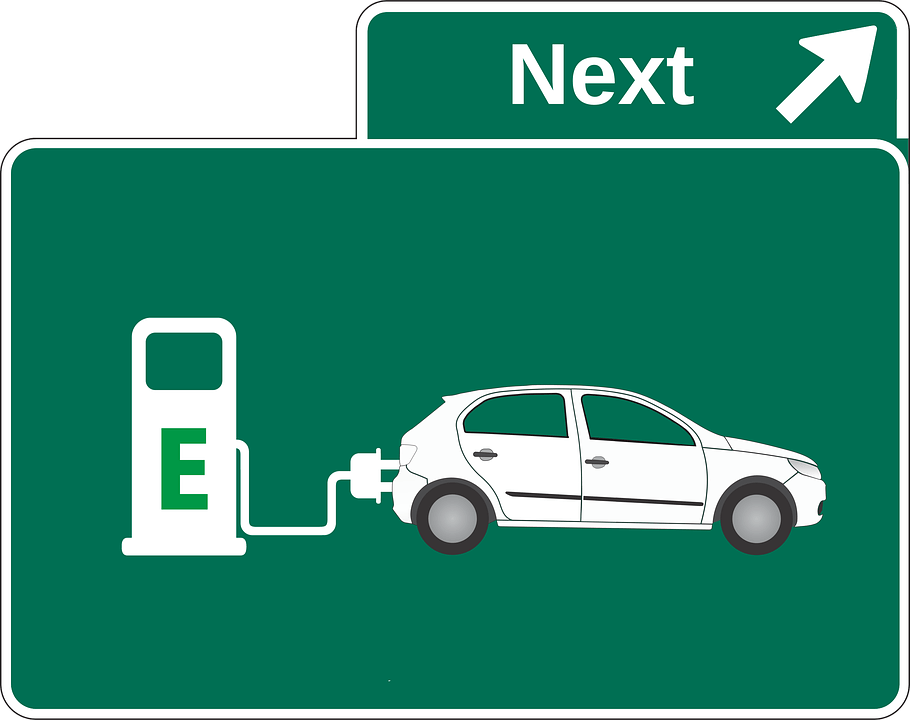New York Governor Cuomo recently announced a $4.2 million expansion plan to install more high-speed electric vehicle charging stations along the New York State Thruway. The plan will allow electric car owners to drive the length of the state without having to exit to recharge. The fast-charging station expansion will enable more New Yorkers to take an active role in the Governor’s goal to reduce greenhouse gas emissions 40% by 2030 by driving zero-emission vehicles.

To further encourage EV adoption, Governor Cuomo also announced that the State Public Service Commission has launched an initiative to accelerate electric vehicle usage, expand the number of charging stations, and determine how utilities can help increase EV penetration in New York State. Learn more here.
“New York is a leader in the fight against climate change and by aggressively investing in clean transportation infrastructure, we are taking action to lower our carbon footprint,” Governor Cuomo said. “By investing in the expansion of EV charging stations, this administration is working to reduce gas-powered vehicle emissions while making significant strides to establish a cleaner, greener New York for all.”
As part of the Governor’s Charge NY 2.0 electric vehicle initiative, the New York State Thruway Authority is partnering with the New York Power Authority to install the new fast-charging stations at Thruway service areas and thruway-owned commuter parking lots over the next two years. The clean energy initiative will help the state achieve its goal of installing 10,000 charging stations by 2021 and further the Governor’s Reforming the Energy Vision to build a cleaner and greener New York.
Since Charge NY was launched in 2013, the number of public charging stations has grown to more than 2,000 statewide. This new expansion plan puts New York within reach of the Governor’s 2018 goal of 3,000 charging stations across the state. These infrastructure enhancements also support New York’s leadership role in the multi-state, zero-emission vehicle plan that calls for EV sales to reach approximately 800,000 by 2025 in New York.
The new installations are an expansion of a trial program that brought fast chargers to four Mid-Hudson Valley service areas – Plattekill and Malden on the northbound Thruway, and Ulster and Modena on its southbound side, all in Ulster County. Over the next several years, chargers will be installed at the remaining 23 service areas.
The first phase of the EV charger expansion project involves installing two medium-speed (Level 2) charging stations at 13 Thruway-owned commuter parking lots. The Level 2 chargers, which take four to eight hours to charge, are geared to commuters who are able to leave their cars parked during the day.
This phase also will bring higher-speed (Level 3) fast chargers to nine Thruway service areas to accommodate a wide variety of electric vehicles. Level 3 chargers can fully charge an electric vehicle in 30 minutes or less.
The additional charging stations and associated signage are expected to build awareness about the benefits of electric vehicles. A 2016 market survey showed time to charge was a chief concern for survey respondents. These new high-speed chargers will help alleviate this concern for more drivers.
Most automobile manufacturers now offer an electric car model, and more than 30 new EV models are expected to be introduced by 2021, several with a range of more than 200 miles. The Bloomberg New Energy Finance forecast predicts that 54% of all car sales by 2040 will be emission free plug-ins.
Filed Under: News




